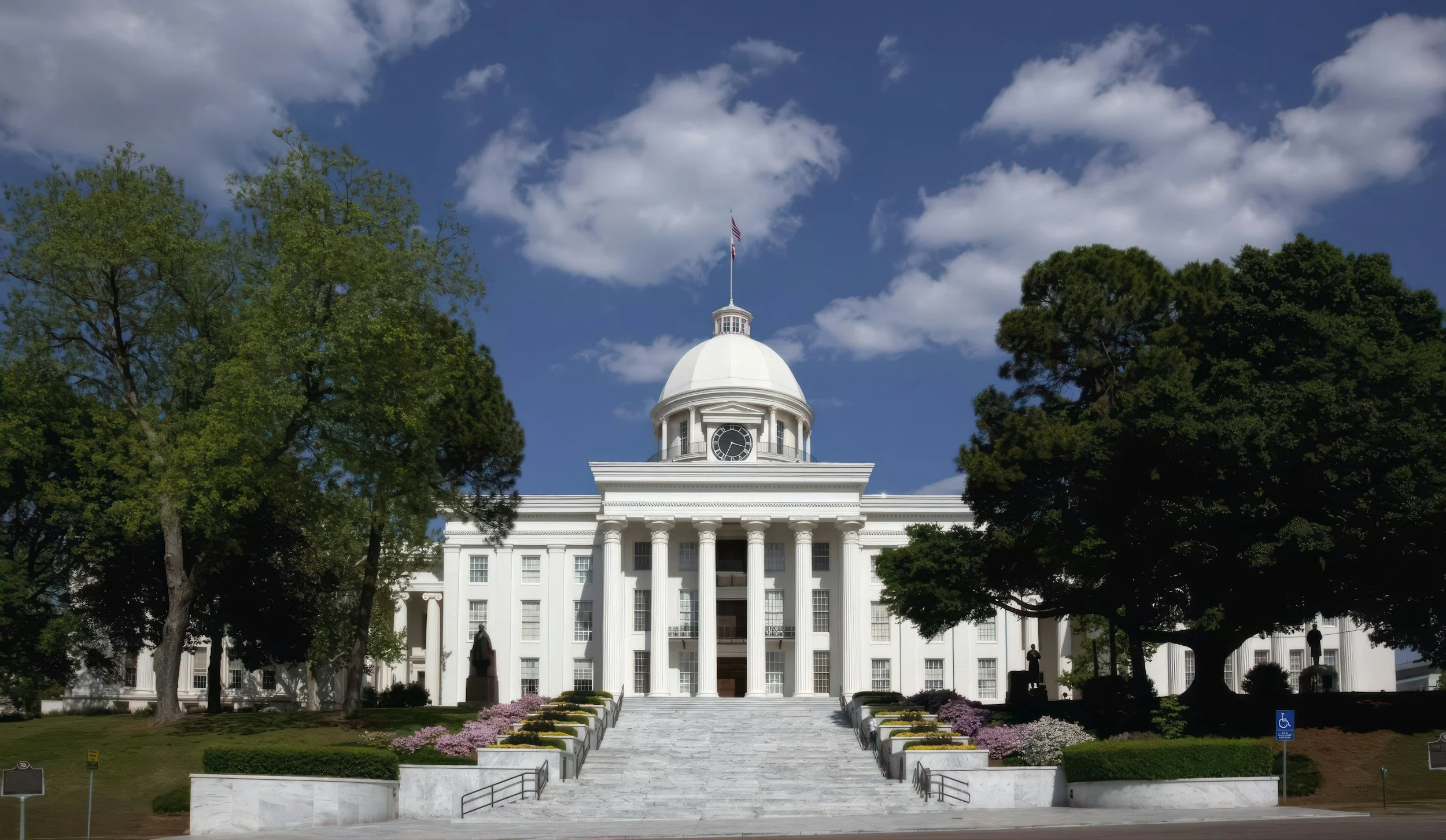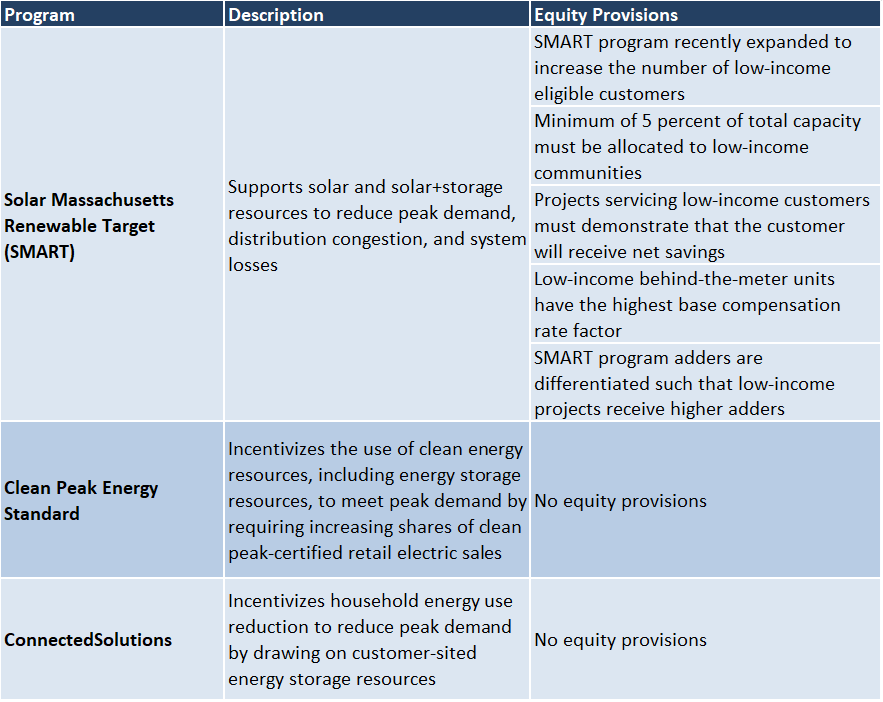Client: Western Resource Advocates (WRA)
Authors: Bryndis Woods, PhD, Elisabeth Seliga, Alicia Zhang, Brady Dye, and Elizabeth A. Stanton, PhD
February 2026
On behalf of Western Resource Advocates (WRA), a new AEC report assesses the risks associated with new gas-fired electric generation in Arizona.
The report finds that Arizona’s electric sector is dominated by gas-fired resources and much more gas-fired capacity is currently proposed. Arizona’s utilities claim that new gas-fired generation is needed to address reliability challenges and meet anticipated growth in electric demand. However, the report finds that building new gas-fired generation hurts reliability and exposes Arizona’s residents and ratepayers to six serious risks: 1) More gas generation means higher electric bills; 2) Overreliance on gas-fired generation; 3) High electric bills due to high gas prices; 4) Gas pipelines and storage constraints; 5) Growing electric demand; and 6) Human health and safety impacts.
The report concludes that, rather than furthering reliance on gas, Arizona’s utilities should instead prioritize resources that stand to benefit the state’s residents and ratepayers. Solar, wind, battery storage, energy efficiency, and demand-side management resources lower costs, diversify Arizona’s energy mix, are not reliant on fuel supply, and reduce pollution.




















